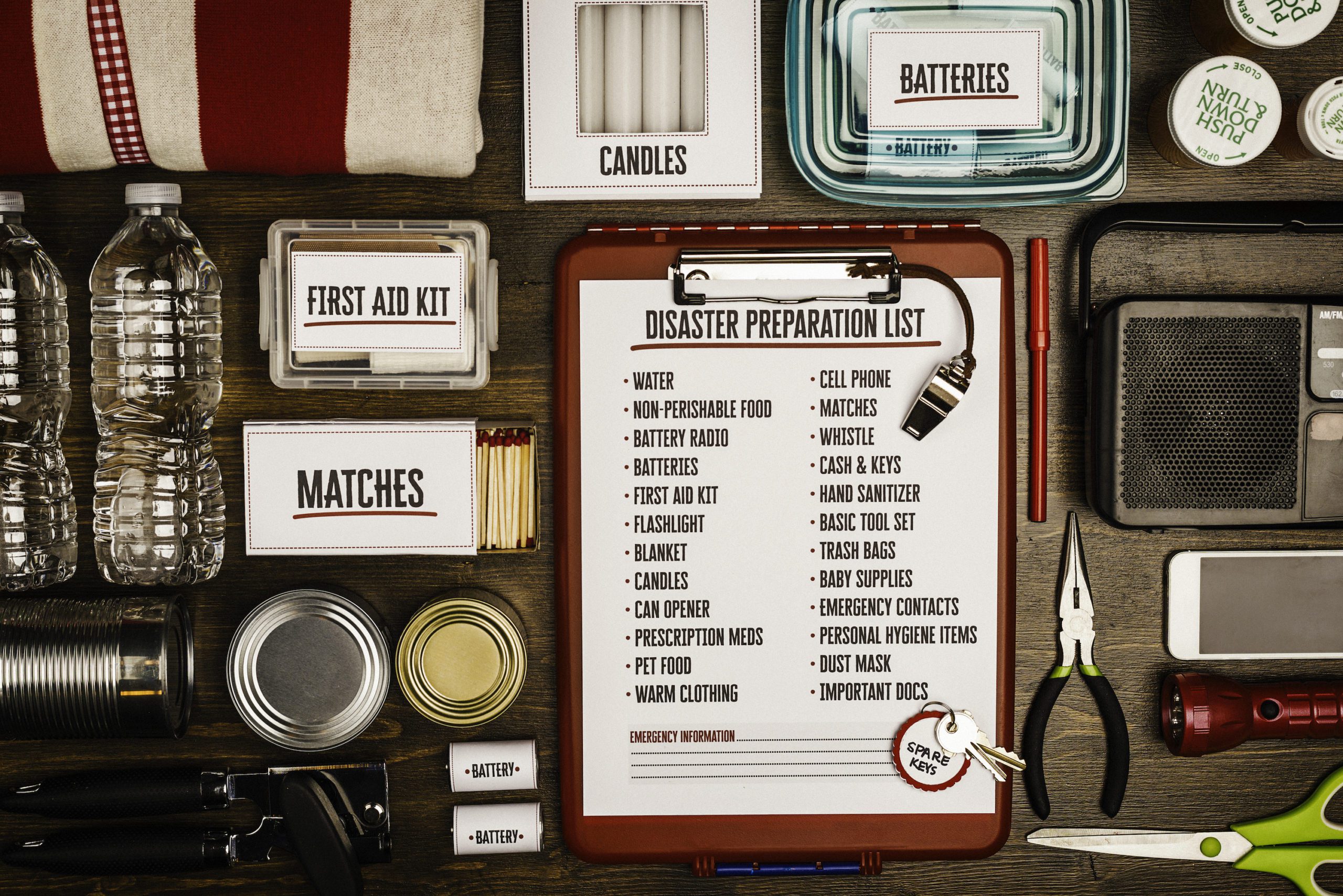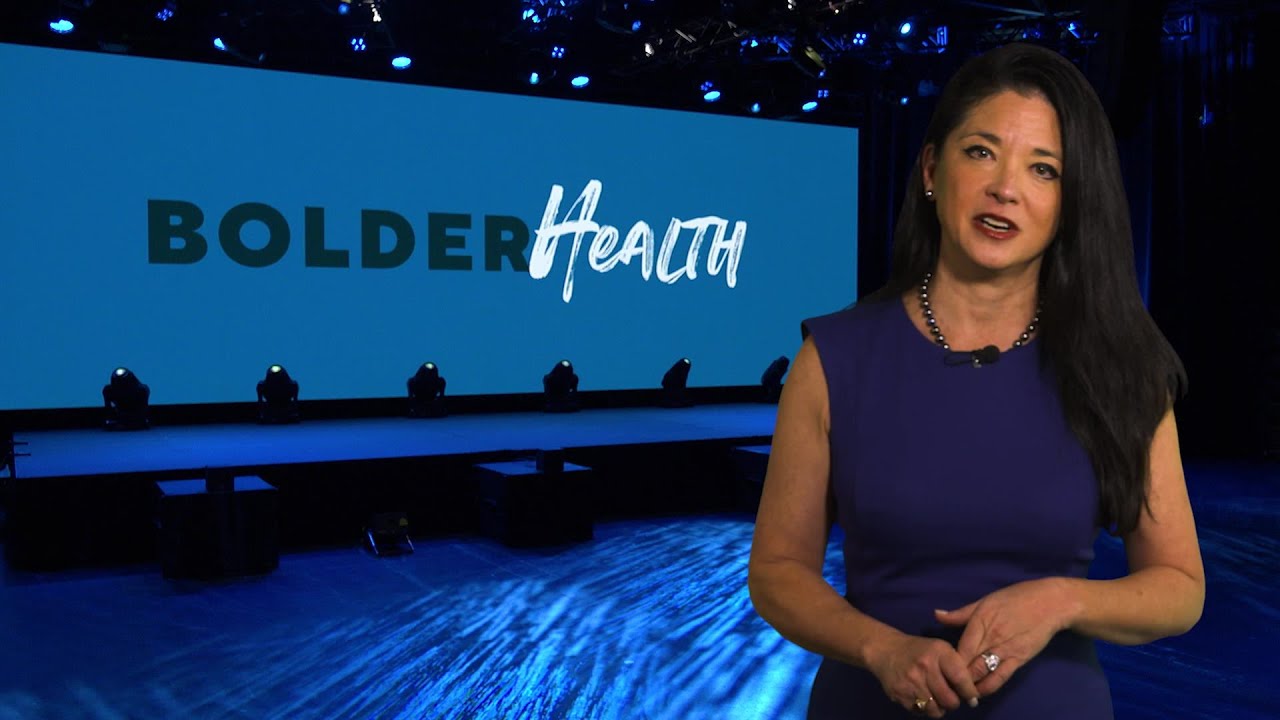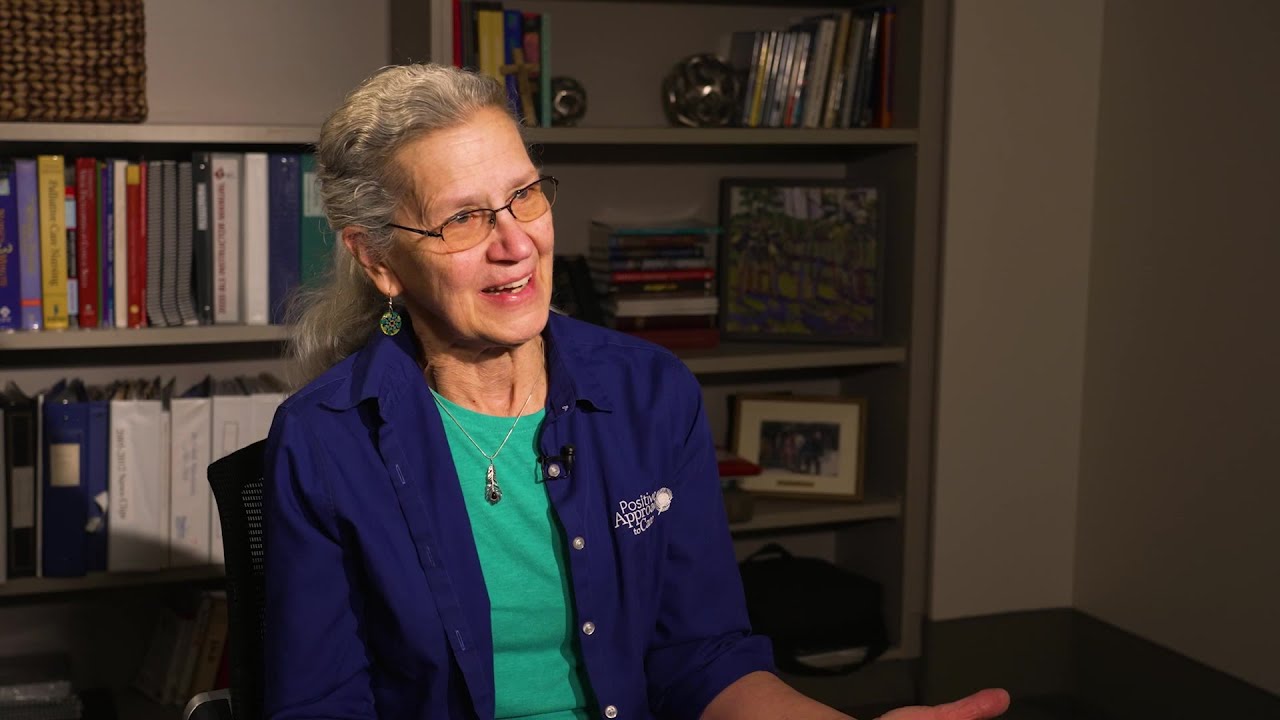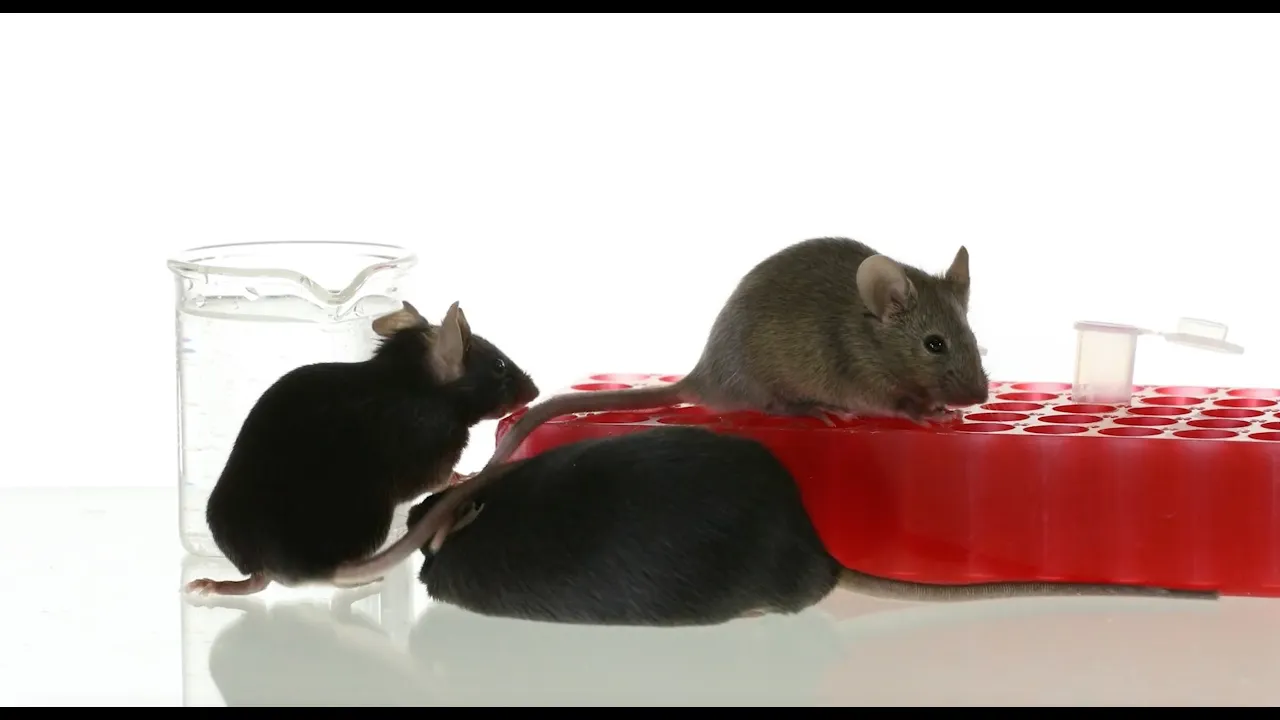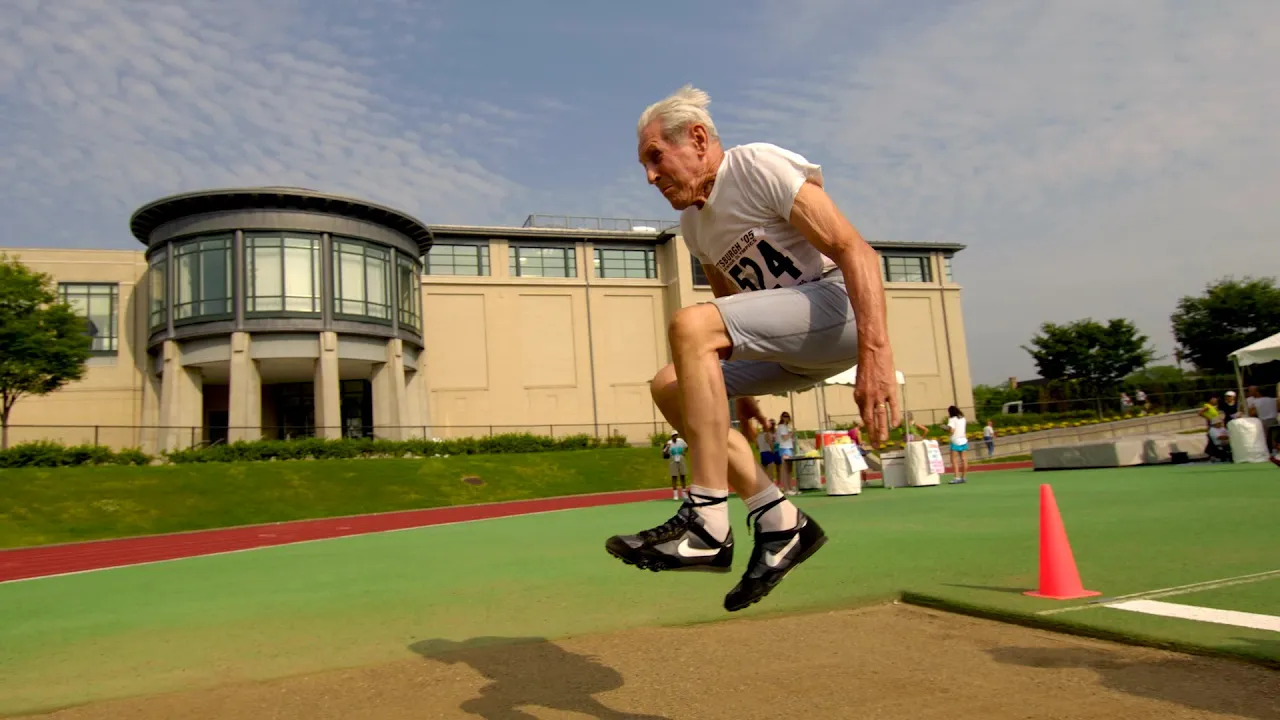Last Updated on September 9, 2021
September is National Preparedness Month, a time for us to think about the importance of preparing for disasters and emergencies. The 2021 theme is: “Prepare to Protect. Preparing for disasters is protecting everyone you love.”
At Growing Bolder we are all about living our best lives, and that includes keeping ourselves and loved ones safe. One way we do that is by preparing for hurricane season.
But there are other weather disasters that you may never have considered, such as wildfires, flooding, drought, extreme heat, thunderstorms, lightning, and tornadoes.
Besides weather disasters, there are other emergencies that can occur, often without warning. These include explosions, home fires, power outages, and attacks in public places. And now, high on the list, we must prepare for global pandemics.
Knowing what disasters and hazards can affect you is key to keeping you and your family safe. It’s important to know how to get emergency alerts and where you would go if you needed to evacuate.
The National Preparedness Month campaign focuses on four essential aspects of preparation.
- Creating a plan.
Talk to your family, friends, and neighbors about how you will communicate before, during, and after an emergency. If there is no cell service, and you no longer have a a landline in your home, how will you get in touch? Make sure your plan is based around any current recommendations from the Centers for Disease Control and Prevention due to the coronavirus.
- Building a kit.
An emergency kit includes supplies for everyone in your home for several days. Think about the unique needs of the people and pets in your family. If you must evacuate quickly, make sure you have medications and other essentials.
- Making cost-effective preparations in advance.
Natural disasters happen at any time — not when it’s convenient. Don’t put off signing up for emergency alerts and taking other low-cost/no-cost preparation steps. Getting ready in advance can save a lot of hassle, headaches and valuable time in the long run. In an emergency, you may not have access to internet service or a computer, so it’s a good idea to have paper copies of your insurance, will, and other important documents.
- Teaching youth about preparedness.
Talk to your children and grandchildren about the importance of being prepared for an emergency. The goal isn’t to scare them but to equip them with knowledge and assurance. Discuss what to do and where to go if you are separated. Reassure them that if they prepare in advance, there won’t be a need for fear later.
Help for older adults
Ready.gov has specific tips for older adults who are making a disaster plan. The first thing to consider is whether you will need any special assistance. If so, include that at the top of your emergency plan.
It’s important to create a support network of family, friends, and others who can help during an emergency. Be sure to share your disaster plans with them and then practice the plan. Here are other tips to consider:
- Give someone an extra key to your home and tell them where you keep your emergency supplies. Also, show them how to use lifesaving equipment and how to administer medicine.
- Find out about emergency plans of any clinic or hospital where you receive routine treatments. Ask them for a list of back-up providers.
- Note the best way to communicate with you, if you have a communication-related disability.
- Remember your pets or service animals. Not all emergency shelters accept pets, so plan for alternatives such as sending your pet to a loved one outside of your immediate area. You should also prepare an emergency kit for your pet.
Preparedness with your finances
A disaster can disrupt mail service for days or weeks. If you receive Social Security or other federal benefits through the mail, switching to electronic payments is a simple, effective way to protect yourself financially. It also eliminates the risk of stolen checks.
If you receive federal benefits, the U.S. Department of the Treasury recommends two ways to get your funds:
- Sign up for direct deposit to a checking or savings account by calling 800-333-1795 or sign up online.
- Choose a safe, easy alternative to paper checks with a Direct Express® prepaid debit card.
Using National Preparedness Month as a reason to review your emergency plan is a great way to protect yourself and your loved ones.
